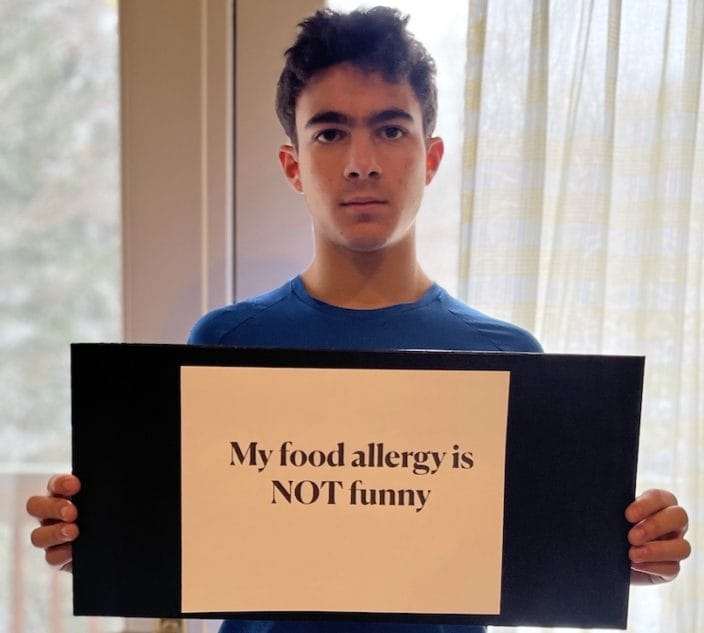Getting Serious About Managing
It was that sense of personal responsibility that led Bayens, now 53, to create The Celiac Scene, a website directory of gluten-free restaurants across Canada, from fast food to fine dining, complete with maps and reviews.
“After diagnosis, it becomes a social problem,” she explains. “Business people can’t sit in meetings and eat what others are having and dating is hard.”
It’s essential to know what’s in your meal when eating out with celiac disease, but it can be tough to get used to overcoming one’s natural reserve and speaking up. “The last thing you want to do is quiz your waiter because you have a digestive disease,” notes Bayens.
For Dahlia James, who is now 19 years old and a University of Toronto student, growing up has meant taking control and being more responsible over what she puts in her mouth.
“I wouldn’t eat gluten now, at least not knowingly,” she says. Living gluten-free in residence last year meant eating lots of salad with oil and vinegar. This year she is sharing an apartment with friends and is counting on their support to regain a much more diversified diet. “I get to shop at Whole Foods and I get to cook. Hurrah!” she exclaims.
Support from family and friends is another essential ingredient for living a happy gluten-free life but at times even those close to you have trouble understanding. After she was diagnosed, Bayens kept things such as a separate toaster and butter dish in the kitchen and urged her family to thoroughly clean all utensils before putting them away.
One day, she saw her husband slice a bagel with a bread knife, then put it back in the drawer.
“What are you doing?” she asked, horrified. “But it looks clean,” he replied.
While there’s a learning curve for others, sometimes even strangers will surprise you. Bayens was touched when the woman who was baking for her Bible study class went out of her way to find a gluten-free recipe and bake cookies specifically for Bayens.
She finds, though, that the best support of all comes from people who share your disease. “Members of support groups are like extended family,” she says.
“Listen,” she concludes, “celiac disease changed my life. The diagnosis has taken me on a journey of self-empowerment. It is cleansing.”





